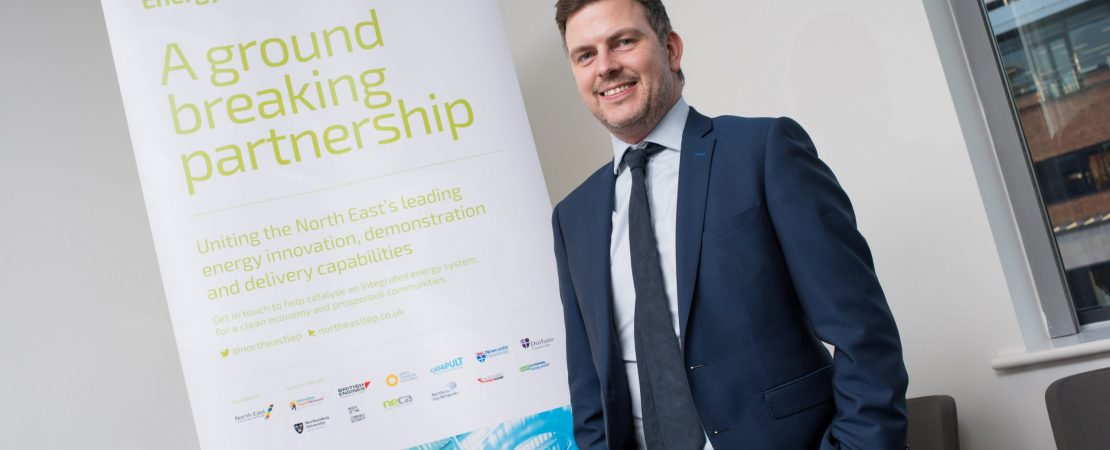
£3 million funding awarded to Northumberland robotics test site
Funding has been awarded to support the creation of a new test site for emerging robotics technology in Northumberland, which is set to be the first centre of its type in the UK.
The Robotics and Autonomous Systems (RAS) Test Site, which is being developed by the Offshore Renewable Energy (ORE) Catapult in Blyth, has been awarded £3 million from the government’s Getting Building Fund, which is managed in the region by the North East Local Enterprise Partnership (LEP).
Gillian Hall, Chair of the North East LEP Innovation Board, said: “This new test site will put the North East at the centre of robotics innovation for the offshore industry, helping to develop new technologies which have the potential to be used worldwide.
“The Getting Building Fund is there to create new jobs and help the economy recover from the impact of the pandemic, and this project will brings jobs and investment to the region, helping to build a stronger, more sustainable North East.”
Matthew Hadden, Deputy Head of Delivery at ORE Catapult, said: “As the offshore renewable sector continues to grow, some of the largest costs are carrying out inspections, maintenance and installation activities offshore. It’s expensive and potentially dangerous.
“There’s a role for robotics to play in improving these processes and a real drive within the industry to adopt this new technology over the next five to 10 years – our aim is to support and accelerate innovation in robotics here in the North East, and see it in action in UK waters.”
The RAS Test Site will accelerate the demonstration, testing and evaluation of new technologies and will also provide links with ORE Catapult’s team of experts in research, innovation and operational maintenance.
The centre will be equipped with both onshore and offshore demonstration facilities, helping SMEs, universities and other developers of new technologies to develop new products and bring them to market.
“We have an incredibly strong offshore and subsea energy sector in the North East, particularly in oil and gas, and the RAS Test Site will play a big role in our ability to support the transition to renewables. This funding from the Getting Building Fund is vital in bringing forward new technologies developed in the North East,” added Matthew.
The North East LEP region was awarded £47m through the Getting Building Fund with the North East Local Enterprise Partnership increasing the fund to £55m by releasing an additional £8m from the North East Investment Fund.
The 17 projects put forward for the North East LEP area are expected to create more than 4,000 construction and permanent jobs; unlock more than 19,000 sqm of commercial space; assist more than 3,000 learners; improve or construct 4.2km of roads, cycle lanes and walkways; and further strengthen the North East’s green energy sector.
The government’s £900m Getting Building Fund was announced in August 2020 to provide investment in shovel-ready infrastructure projects across the country.
For more information about the Getting Building Fund, visit www.gov.uk.
Image: BladeBUG is one such repair and maintenance robot making leaps in offshore robotics capabilities. Image courtesy of BladeBUG.









